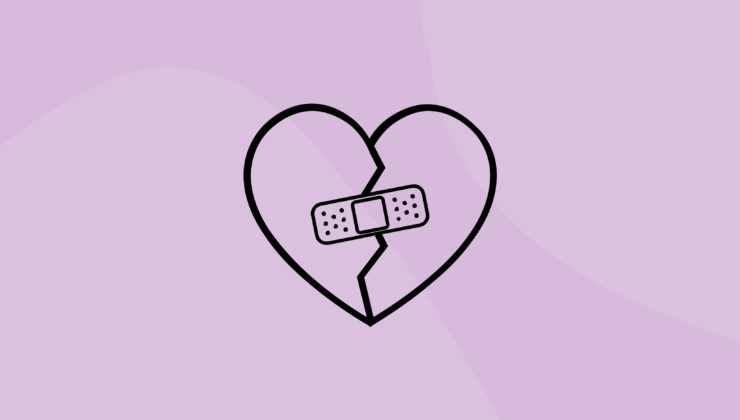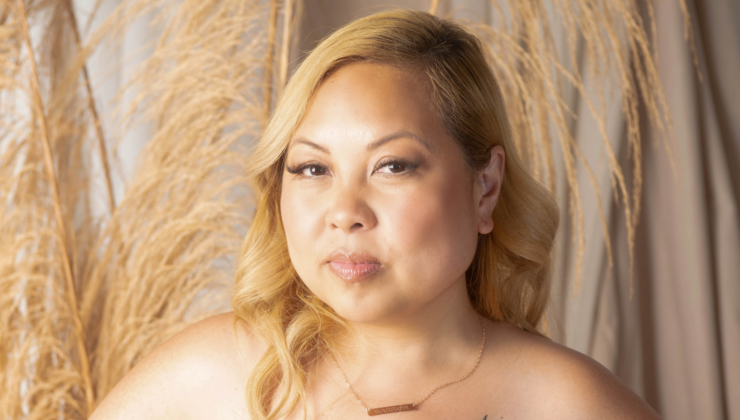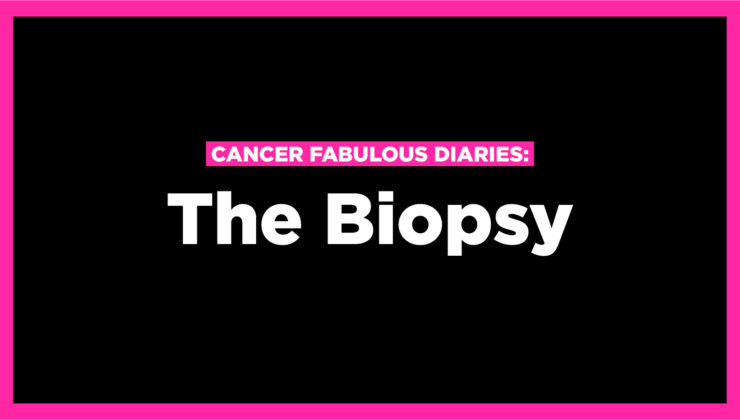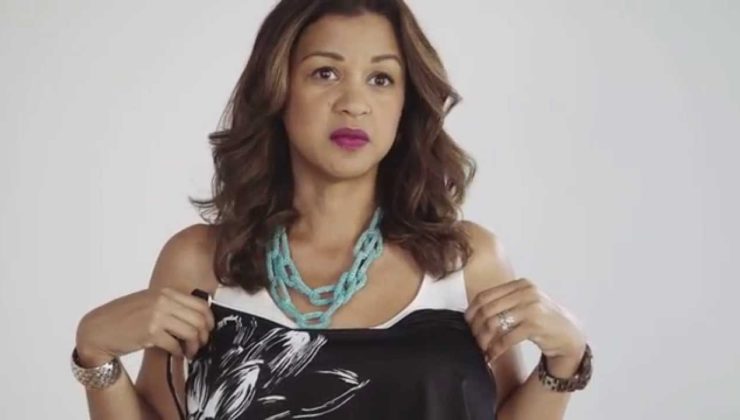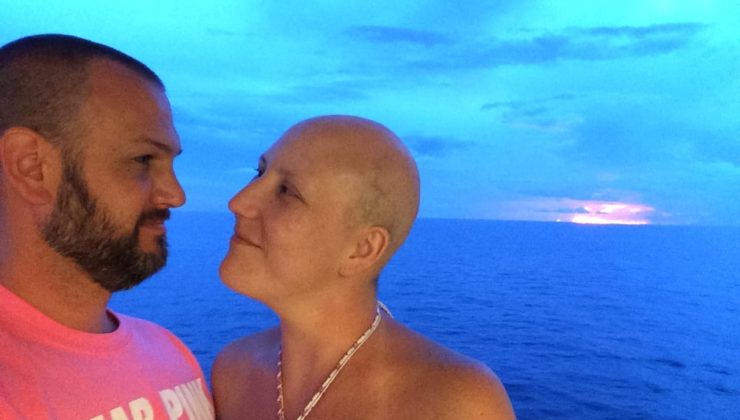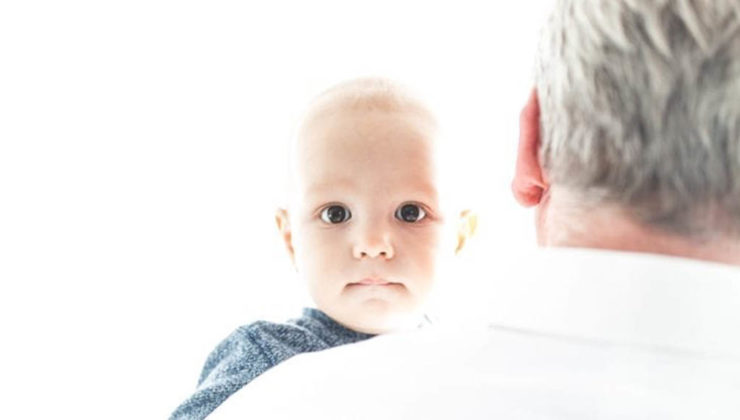Life, Interrupted: A New Film About Breast Cancer Stories
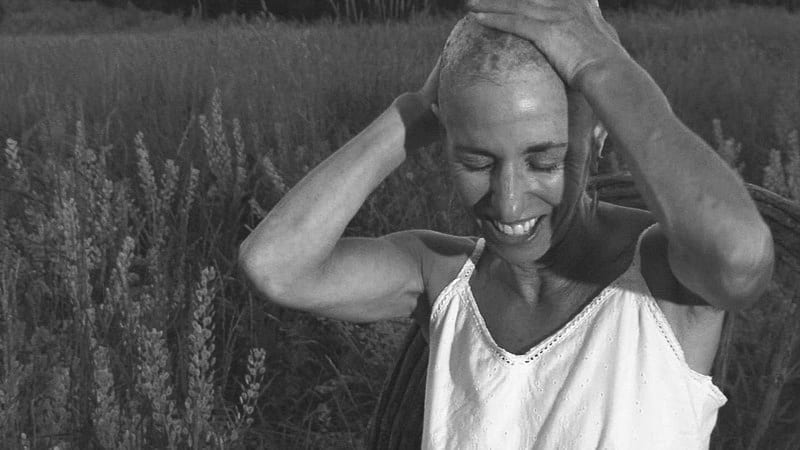
These days, it seems like everyone has a documentary to recommend. Going vegan? There’s a doc for that. Want to brush up on true crime? There are docs for that, too. But we’re not here to talk about any of those. We’re far more interested in documentaries that serve up realness in the breast cancer space and aren’t afraid to go to places that might make you uncomfortable at times.
One such documentary to add to your list is Life, Interrupted. The film follows the story of women affected by breast cancer and what that means in today’s world.
We had a chance to chat with its director, Paula Mozen, who also stars in the film and has been a director for 20 years. Here’s what she wants you to know.
It’s A Collection of Stories That Needed Telling
This is the film I wished I could have seen when I was diagnosed with breast cancer, both times. After the shock of my diagnoses, I had to gather complex information to make life-altering decisions under extreme emotional duress, all in a relatively short period of time. After talking with so many survivors, I know this is a common phenomenon for most of us. I know it would have helped me to hear stories from other women who had passed this road before, hearing their wisdom on the myriad choices I would be making as well as validating my own experiences.
Individual circumstances are unique and yet, hearing stories from articulate women who have travelled this road before is invaluable for navigating the treatments and keeping hope alive. Knowledge is power, the successful prevention and treatment of breast cancer depends on this
Breast cancer is not only a single pervasive illness – the experience of cancer is a culturally specific phenomenon. “One size does not fit all” when looking at each individual’s circumstances and cultural context. What is special about this film is that resilient women with various diagnoses, ages, ethnic, geographic and socio-economic backgrounds share their journeys as they cross into and return from, the world of Breast Cancer. In addition, the film uses a variety of techniques to share complex information and the feelings about the experience including medical imaging, first-person storytelling and animations. Finally, although I have met many, many women who have encountered myriad problems stemming from reconstruction, I had not seen any film cover what these complications might look and feel like and remedies to fix.
On Playing A Dual Role
As a filmmaker, I wanted to make the most compelling documentary possible in order to reach the largest audience possible, which meant keeping my own story and documenting when things fell apart and showing some of the difficult and intimate details of a breast cancer journey that are not always pretty or easy to watch. As a subject, I knew I would be working WAY outside my comfort zone on the other side of the camera.
Showing the more nuanced aspects of the survivor experience—uncertainty, physical amputation and ugliness of the infections was important. It was challenging to stay distanced for “the Paula Character” so that I could edit and view it without attachment to the vulnerability I felt and also was sharing with the world.
Why Women With Breast Cancer Should Tune In
Although everyone’s experience is different, we all have similar touch posts in terms of diagnosis, treatment, unforeseen circumstances navigating life after treatment. For a lot of us, breast cancer is a profound experience that forever changes us. After hearing YOU HAVE CANCER, many go into fight or flight mode and do whatever it takes to make the best decisions with the information and resources we have to get through the treatments. And then when it is all over, we collapse and have PTSD for a while or forever.
I have been told by many other survivors who have watched the film that they LOVE it and that it is not easy in places to watch.
The Reason Why Community Matters Most
The members of the breast cancer community are so f*cking strong and compassionate. We all see it in each other and yet individuals have a hard time seeing it in themselves. I have met survivors who are doing amazing art or setting up non-profits to help other survivors as they themselves are questioning their own strengths courage, ability to go on at times. There is strength in numbers. Be patient with yourself. Practice self-care whenever possible. Be as honest with yourself as you can, then share your truth and it will help you and others to share and accept their own. This becomes an endless thread.
What’s Next For The Film
My audience begins with survivors as it provides HOPE and validation for one’s own experiences by promoting understanding and education about what it truly means to survive breast cancer. So far, we have been fortunate to have been selected for several national and international film festivals, which help provide broad exposure. I’ve reached the educational markets including highs schools and universities, public libraries, hospitals, medical schools, community health clinics and public health departments; along with getting screened at dozens of highly-acclaimed film festivals; and broadcast by PBS and others. Given this, I am hopeful for making a far-reaching impact with LIFE INTERRUPTED.
I’m also currently working to create partnerships with local and key organizations who work with breast cancer to set up community screenings, participate and screen at key conferences and partner with educational distributors for broadcast opportunities.

